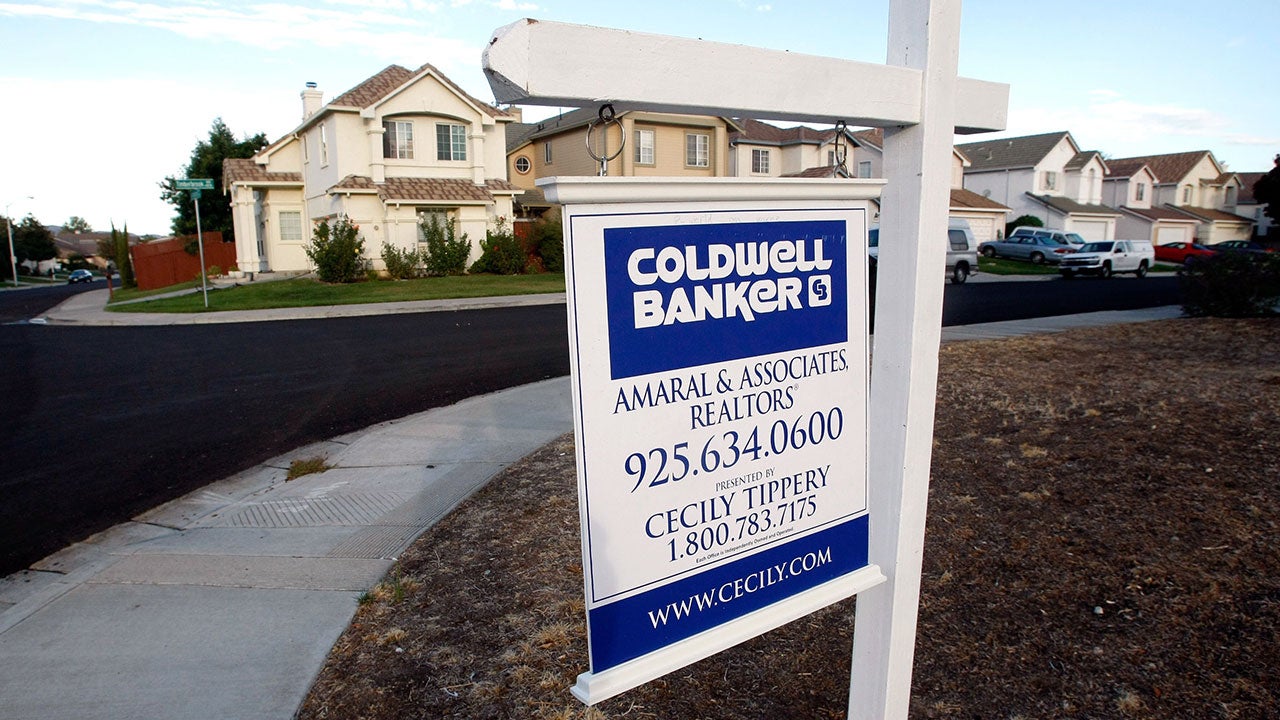
It can be difficult for your agent to cut their commission. The amount of research you do will determine how much the commission is reduced. However, most buyers respect the income earned by the agent. A friend who has served as a buyer's agent may be more willing to accept a portion.
Negotiating a deal with a real-estate agent
Negotiating with a real estate agent to lower the commission is an option that some sellers use to make their home more affordable. You need to be aware of all the risks involved in lowering a commission. While a more experienced agent might not want to reduce their commission, a less experienced agent may be more motivated by increasing sales. Some brokers do not allow agents to lower their commissions.
If you're negotiating with an agent for real estate, be sure to ask about previous business and the commission rate. You should ask questions about this as it can vary from one agent to the next. Ask the agent if the investor is the agent or if the agency is dual. Dual agency is illegal for some states. However this arrangement can be beneficial if your goal is to sell a property.

Finding a Realtor who will reduce your commission
If you sell your home during a slower time of the year, a real estate agent will be more willing to negotiate a lower commission. The slow seasons are usually the best times to sell your house. Because there are fewer buyers, agents will often be willing to work less. It is important to weigh the advantages of a lower commission against the benefits for fewer buyers, even though it sounds wonderful.
Listing a property is usually charged at 3% by real estate agents. You might negotiate a lower percentage if you deal with a more experienced agent. Also, a real estate matching service can help you negotiate a lower commission because it has more leverage with the agents due to repeated business.
Reminding clients why they hired you as a realtor
Realtors will often tell clients why they hired you and give examples of recent achievements. This can make it easier to close deals faster and lower their commission. Clients can also be shown comparable homes that have been sold in recent years. Clients often don't know that their commission rate is being reduced.
Reminding clients about the listing agreement
Clients frequently ask realtors to reduce their commission. Clients might be tempted to negotiate the prices, but remember that listing agreements usually include a protection period to protect the seller and agent. The protection period generally lasts for a set period after the expiration of the listing agreement. Most listing agreements require buyers or sellers to meet with an outside party to settle disputes. This reduces the chance that the conflict will become too large to resolve.

Remember that your listing agreement must include a description of the property as well as the obligations of the seller and realtor. Potential buyers may be misled by inaccurate descriptions. The listing agreement also lists which items were left behind and can be taken with your home when you sell it.
FAQ
How long does it take to sell my home?
It all depends upon many factors. These include the condition of the home, whether there are any similar homes on the market, the general demand for homes in the area, and the conditions of the local housing markets. It can take anywhere from 7 to 90 days, depending on the factors.
What is a "reverse mortgage"?
A reverse mortgage lets you borrow money directly from your home. You can draw money from your home equity, while you live in the property. There are two types to choose from: government-insured or conventional. Conventional reverse mortgages require you to repay the loan amount plus an origination charge. FHA insurance will cover the repayment.
How many times may I refinance my home mortgage?
It depends on whether you're refinancing with another lender, or using a broker to help you find a mortgage. You can typically refinance once every five year in either case.
Can I buy a house in my own money?
Yes! There are programs available that allow people who don't have large amounts of cash to purchase a home. These programs include government-backed mortgages (FHA), VA loans and USDA loans. For more information, visit our website.
Statistics
- This seems to be a more popular trend as the U.S. Census Bureau reports the homeownership rate was around 65% last year. (fortunebuilders.com)
- When it came to buying a home in 2015, experts predicted that mortgage rates would surpass five percent, yet interest rates remained below four percent. (fortunebuilders.com)
- Private mortgage insurance may be required for conventional loans when the borrower puts less than 20% down.4 FHA loans are mortgage loans issued by private lenders and backed by the federal government. (investopedia.com)
- The FHA sets its desirable debt-to-income ratio at 43%. (fortunebuilders.com)
- 10 years ago, homeownership was nearly 70%. (fortunebuilders.com)
External Links
How To
How do I find an apartment?
Moving to a new place is only the beginning. This requires planning and research. This involves researching and planning for the best neighborhood. You have many options. Some are more difficult than others. Before renting an apartment, you should consider the following steps.
-
Online and offline data are both required for researching neighborhoods. Online resources include Yelp. Zillow. Trulia. Realtor.com. Local newspapers, real estate agents and landlords are all offline sources.
-
Read reviews of the area you want to live in. Yelp. TripAdvisor. Amazon.com all have detailed reviews on houses and apartments. You may also read local newspaper articles and check out your local library.
-
Make phone calls to get additional information about the area and talk to people who have lived there. Ask them about what they liked or didn't like about the area. Ask for their recommendations for places to live.
-
Take into account the rent prices in areas you are interested in. If you are concerned about how much you will spend on food, you might want to rent somewhere cheaper. On the other hand, if you plan on spending a lot of money on entertainment, consider living in a more expensive location.
-
Find out information about the apartment block you would like to move into. How big is the apartment complex? How much does it cost? Is it pet-friendly What amenities do they offer? Can you park near it or do you need to have parking? Are there any special rules that apply to tenants?